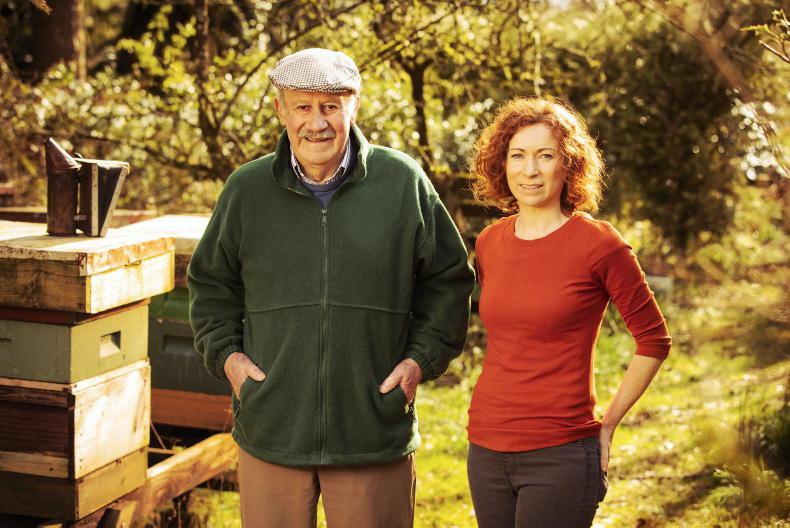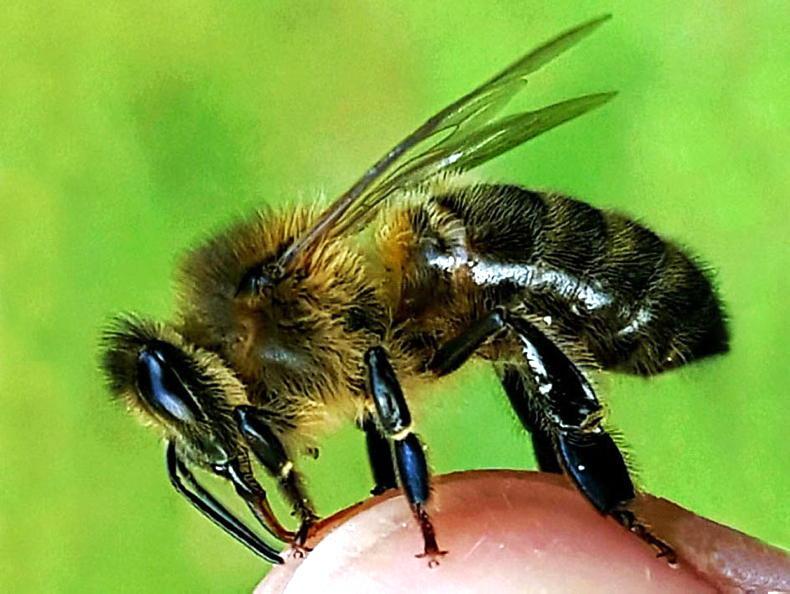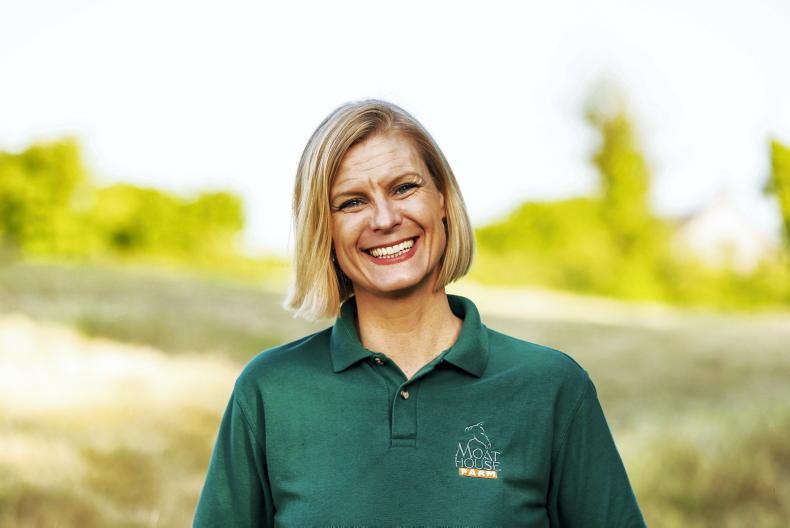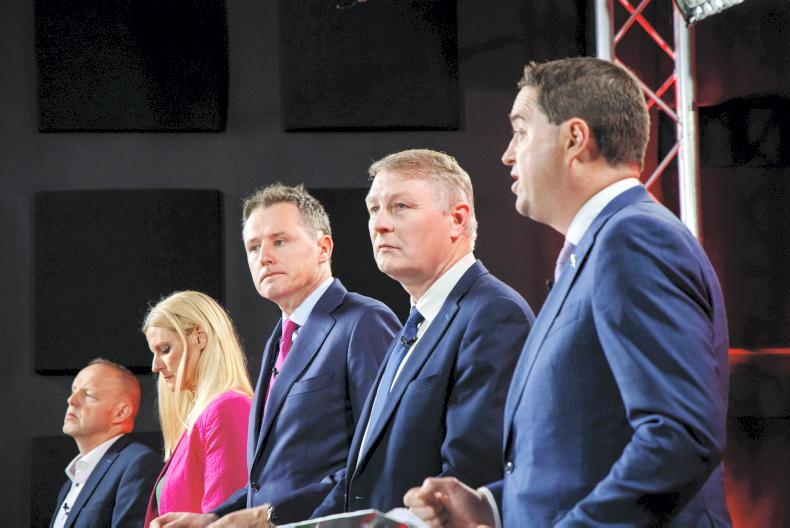The monitoring of bee species and other pollinators is central to tackling declines in numbers and to ensure successful measures for their protection are in place, Minister of State at the Department of Agriculture with responsibility for biodiversity Pippa Hackett has said.
Minister Hackett was speaking following a visit to the farm of Ken Gill in Clonbullogue, Co Offaly, who is part of the pilot national pollinator monitoring scheme, to mark World Bee Day.
“It is great to see the pilot national pollinator monitoring scheme now in its second year of surveys and hear about the popularity of the project with farmers.
“Ireland is leading the way in the EU by having a pollinator monitoring scheme in place. The pilot study will be hugely important in providing a baseline from which we can work to achieve policy targets for reducing the declines of bees and other pollinators,” she said.
Wildlife habitat
Ken Gill is an organic suckler farmer. He said: “It is great to be taking part and learn about the pollinator monitoring survey. We have plenty of wildlife habitat here on the farm and are happy to contribute to finding out more about bee and other pollinator numbers.”
Minister Hackett added that “it has been fascinating to see such interesting and important scientific work going on here on a beautiful farm to celebrate World Bee Day. The visit has given a real insight into what pollinator monitoring involves on the ground and the different methods used.”
“I wish the project ongoing success and look forward to seeing the results, which no doubt will contribute to evidence-based agricultural actions and measures to tackle the threats to bees and other pollinators,” she concluded.
'Bee engaged in pollinator-friendly agricultural production' is the theme of this year’s World Bee Day, which takes place on Saturday 20 May.









SHARING OPTIONS